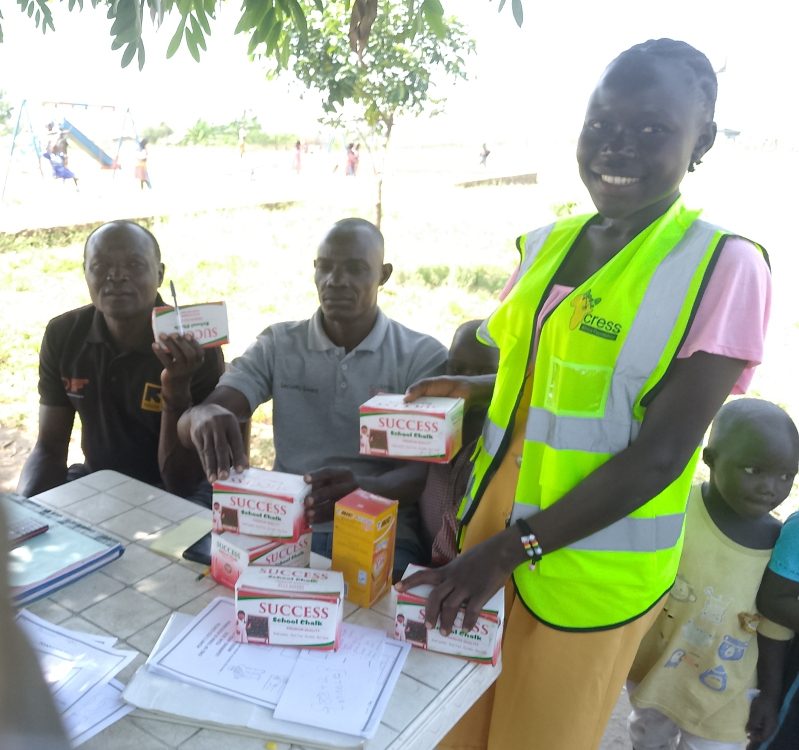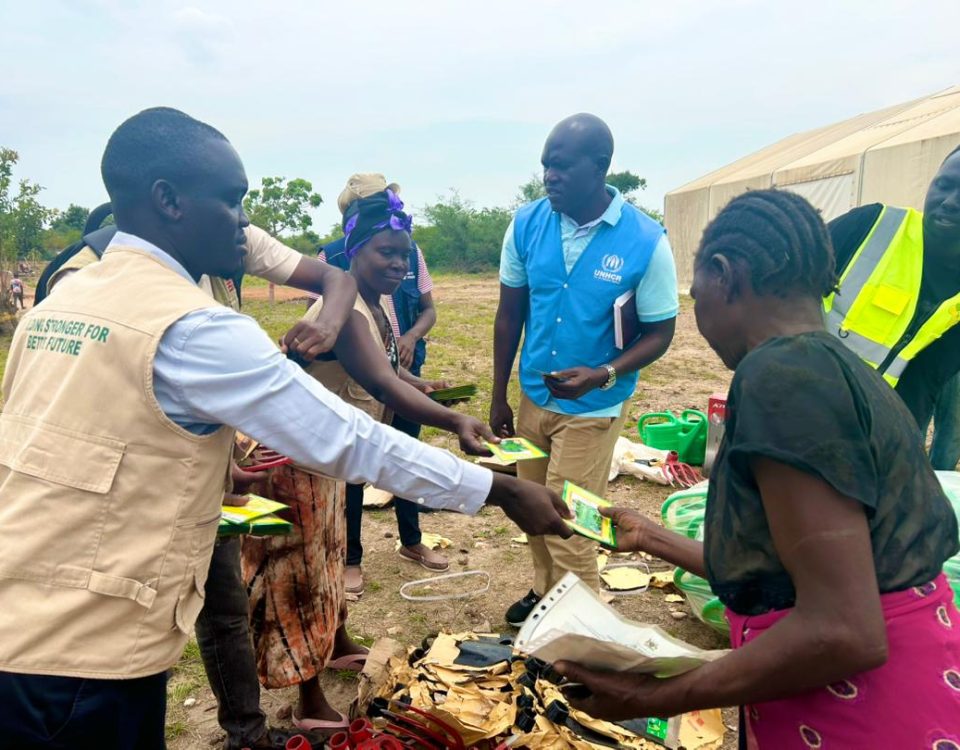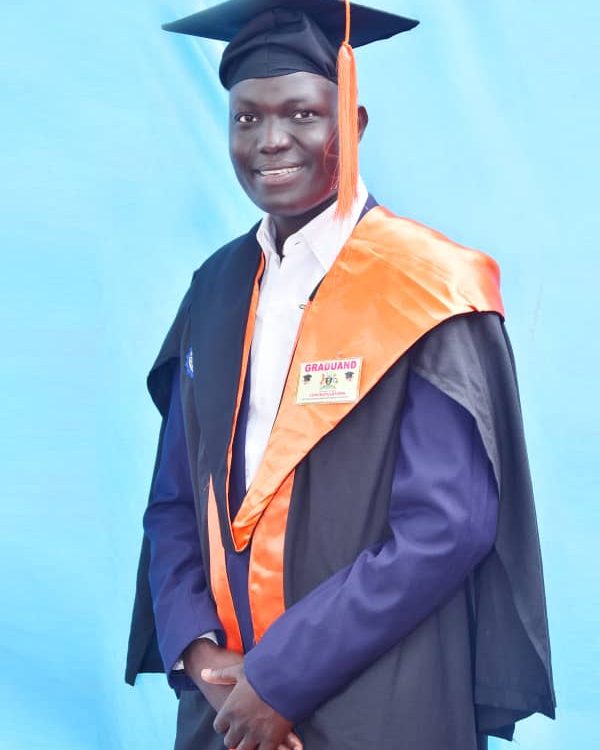
Big Give – Primary Healthcare

Jonathan Visits the Mijale Area


On Tuesday after a long drive on dirt roads we arrived at Rhino Base Camp. Here they receive 1100 refugees per week in the new Zone 8 area. There are 8000 refugees in the camp. CRESS had been asked to visit there back in July to see if we could help. Two weeks later we were there providing tools, seeds and training to give the desperate refugees some hope for the future.
There we met with Kalid another deputy of the office of the Prime Minister. Although a very busy man he came with us for the day showing his commitment to us and the refugees. He said that there are no other partners delivering this aid in Rhino 8 none seem to follow through like we do, or are as agile in mobilising help. While we were waiting a while for him in the shade of a tree, the CRESS team explained their approach to the savings groups which go hand in hand with the agriculture under the name of livelihood projects. This will come later for the new arrivals. I was really impressed by the way the savings groups are run. The ten members in each group all have to play their part taking up official roles and all committing to a written agreement of amounts of savings to be contributed, recorded carefully and then loans given and interest paid. This helps begin some small enterprises to move the refugees towards becoming self sufficient. Our team have been well trained themselves and pass this on encouraging real ownership and empowerment.
We next arrived at the CRESS health clinic where 4 of our staff cover a wide range of health care including maternity services. Their dedication is amazing, operating in a tent with minimal facilities as all of this is very newly established. They are doing life saving work and have seen over 480 patients in the 10 days they have be present. They have to live in tents themselves which are too hot to enter between mid morning and early evening. CRESS said they would initially provide a clinic there for three months which would take us up to Christmas. Those overseeing the refugees are desperate for us to stay, but it is not right for our staff to live and operate like that for too long and other partners must increase their support.
We then went to a village area of newly arrived refugees. The land there is stony and they have to clear the native bush and build homes with very little help. They will receive some food rations for about six months and then they must fend for themselves. It is literally dig or die as someone expressed it. Some of them had already established small gardens with our seeds and tools and were so pleased to see us. I must say I was somewhat overwhelmed by the vast need and I wondered how Caroline and our staff coped with this. As I processed this I came to the conclusion that we have to focus on what we are able to achieve and not stress too much about our limits and the team agree they take this view.
This was helped somewhat by our next visit to Ochea, another region of the camp where we have been operating agriculture for about eighteen months. There we were warmly welcomed and shown some very fine crops by Joni a lead farmer. Kaild gave a motivational talk on making the most of what CRESS offered and that learning was the most precious gift that they could be given. He was clearly trained in horticulture as he made a few suggestions for change. I could also see that the CRESS team had again empowered the group members as they were confident enough to raise some challenges they had.





